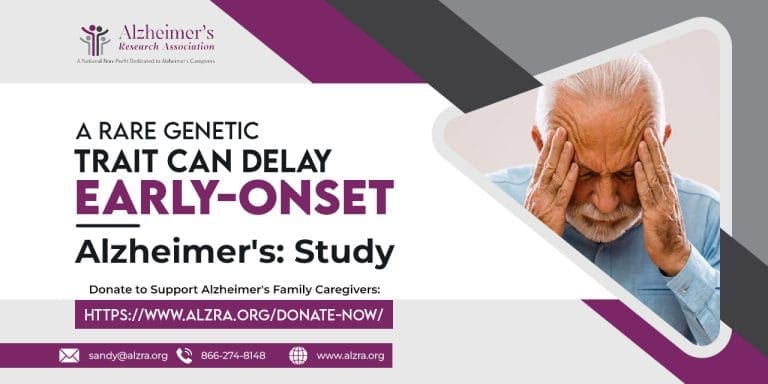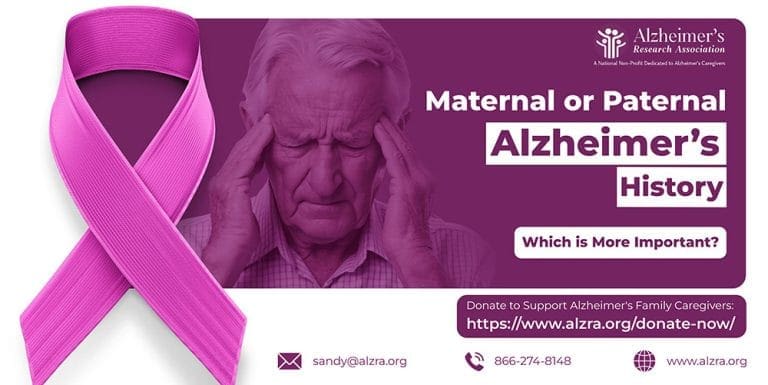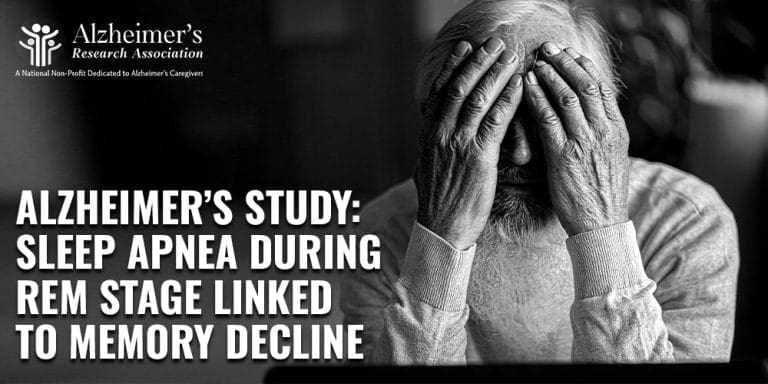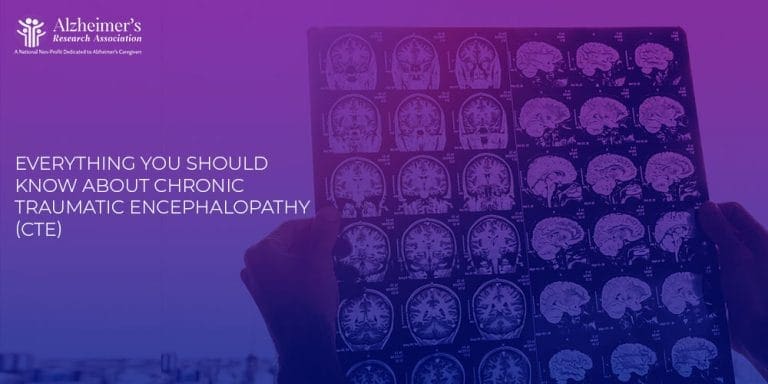Caregiver Tips for Making the Home Safer for People with Alzheimer’s
Home safety is always vital, but it is especially crucial while caring for someone who has Alzheimer’s. Alzheimer’s patients will eventually lose their ability to handle things around the home. They may also experience changes in their senses of taste, smell, touch, hearing, and sight. You must do everything to ensure your loved one’s safety … Continue reading "Caregiver Tips for Making the Home Safer for People with Alzheimer’s"




















